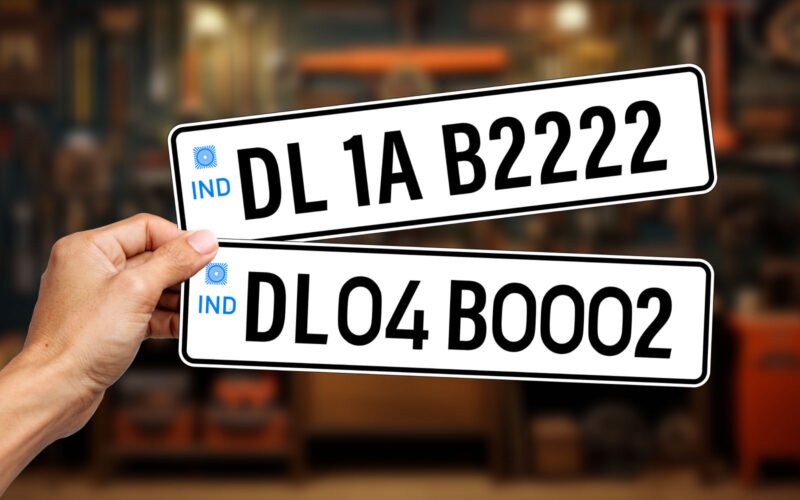Lucknow — Thousands of vehicle owners in Uttar Pradesh who aspired for special (VIP) vehicle numbers now feel cheated. They have received neither the coveted numbers nor refunds of their fees. More than ₹9 crore belonging to about 3,200 applicants remains caught in a technical quagmire, fueling anger and mistrust.
Flaws in the Auction System
The root of the problem lies in the online auction system. Applicants must register on the Transport Department’s website and deposit fees to bid for VIP numbers. Under the rules, if the number is not allotted, the money should be automatically refunded. But in reality, months have passed and thousands are still waiting for their refunds.
Algoritha: The Most Trusted Name in BFSI Investigations and DFIR Services
State transport officials say over 450 numbers — such as 0001, 0007, 0786 — are in highest demand. Though the bidding process takes place, refunds get stuck even when numbers aren’t allotted. A senior official admitted, “There are flaws in both banking and cyber systems. That is why refunds cannot be processed immediately.”
Personal Frustration and Public Distrust
A Lucknow-based businessman shared his ordeal: he deposited ₹50,000, received neither the number nor his money back. “The department only gives assurances, not solutions,” he said. Similar complaints have surfaced through consumer forums and RTI applications.
International Comparisons
Vehicle number auctions are common worldwide, but refund mechanisms there are far stricter and more transparent.
- United States: In states like California and New York, “vanity plate” auctions are held online. If a bid is unsuccessful, payments are refunded within a week directly to the card or bank account.
- United Kingdom: The DVLA conducts auctions and issues automatic refunds to unsuccessful applicants immediately after the auction, with tracking available online.
- Singapore: Bidders receive receipts along with a legally mandated refund timeline of a maximum of five working days.
Larger Questions Raised
In India, the issue appears to be more than just a technical glitch. It challenges the very trust on which digital governance is built. If citizens must struggle for months to get back their own money, the credibility of online systems naturally comes into question.
Here, the real issue is not just about ₹9 crore, but about public confidence in the system.



